The journey of a lifetime starts with the turning of a page
When children are young, they are like sponges, rapidly soaking up information and experiences from the world around them. Reading helps them to expand their horizons and learn about people, places, and ideas that they may not otherwise encounter in their daily lives. It helps to build their vocabulary and improve their communication skills, which will benefit them in all areas of life.
Making use of books, reading from newspapers or magazines, and reading from internet articles or stories can all add to an enjoyment of reading. Turn on the subtitles on YouTube or Netflix and let the children read along as the video or movie plays. Make a game of reading signs when you are driving or spotting certain words on buildings.
Take a moment to reflect - how often do you do the following:
- Read for pleasure?
- Read to your child for their pleasure?
- Make time to read an article out loud and discuss the content at home?
- Discuss the vocabulary that is used in a story or article?
- Ask your child if they understand something that is happening in a story or article or if they understand what a certain word or phrase means, or how a character is feeling?
- Watch a movie or video with subtitles and have to read them to your child?
- Take your child to places where information is presented in written format and read it to them?
- Build or make something that has instructions or a recipe and show your child the importance of reading these to be successful in your creation?
When your child comes home from school with a book to read for homework it can sometimes be a chore to get them to sit down and read. Here are a few strategies to help your child:
- Give them some time to relax after school - have a snack, play a game outside, decompress. Once they are more settled you can attempt to do their reading.
- Make it fun, share the reading, read a page each, discuss what the characters are doing or feeling, find words that rhyme or new words that you can talk about what they mean.
- Sometimes your child will be too tired to do their reading - try reading it to them instead.
- Maybe your child could read their story to a favourite toy or to a younger sibling while you listen in from somewhere nearby, without putting pressure on them by being right there.
It's never too early to start reading with your children. Even before they can speak or understand language, babies benefit from being read to. Hearing the sound of your voice and the rhythm of the words can be soothing and stimulating for them. Children learn from listening to their whānau read. They hear expression, intonation, pace, and pronunciation that they can then mimic when they read.
I find it relaxing when I hear stories read to me
When Mum reads to me I love to hear her use funny voices. It makes the stories interesting.
I love to look at the pictures in picture books. We talk about what is happening in them.
Listening to stories and hearing the adventures of the characters is great.
Let your children see you reading for pleasure and for information. Talk to them about the books you are reading and why you enjoy them. This will help to instil a love of reading in your children and show them that it's a valuable and enjoyable activity. If it is an article or something to do with work, let them know what your purpose for reading is and why being able to read is an important skill. Fostering an understanding of the importance of reading is extremely powerful when coming from home and those whānau closest to the children.
Listening to adults read is great, especially how they change their voices with different characters.
I love to listen to stories being read to me. It can be exciting.
In class, children are read to by the teacher or by peers, they read with others in groups or with buddies during buddy class time, and they are given opportunities to share their reading of stories they write or those books they are assigned to read during class. So much of what children are doing in class relies on them being able to read and understand what they are reading. They need to be able to read maths questions, research using texts, and be able to read what they write. Reading is a powerful tool.
I can learn new words, find out interesting facts, and go on adventures when someone reads to me
I can follow the words when someone reads to me and I don’t have to read out loud
If you are stuck for books to read at home take a trip to the Taupō library and issue some out.
Alternatively, hunt through the numerous second hand stores for picture books and children’s novels. You never know - your child might take to reading so much that you end up with e-book readers so they can carry their library with them!
The journey of a lifetime truly does start with the turning of a page. Reading is a vital tool for building a strong foundation of knowledge, imagination, critical thinking, and empathy. As parents, we have the power to nurture this love of reading in our children from a young age and set them on a path to a bright and successful future. So pick up a book, turn that page, and start your child on a journey of a lifetime.
Keywords: Reading, knowledge, understanding, sharing, whānau, books, text, imagination, thinking.
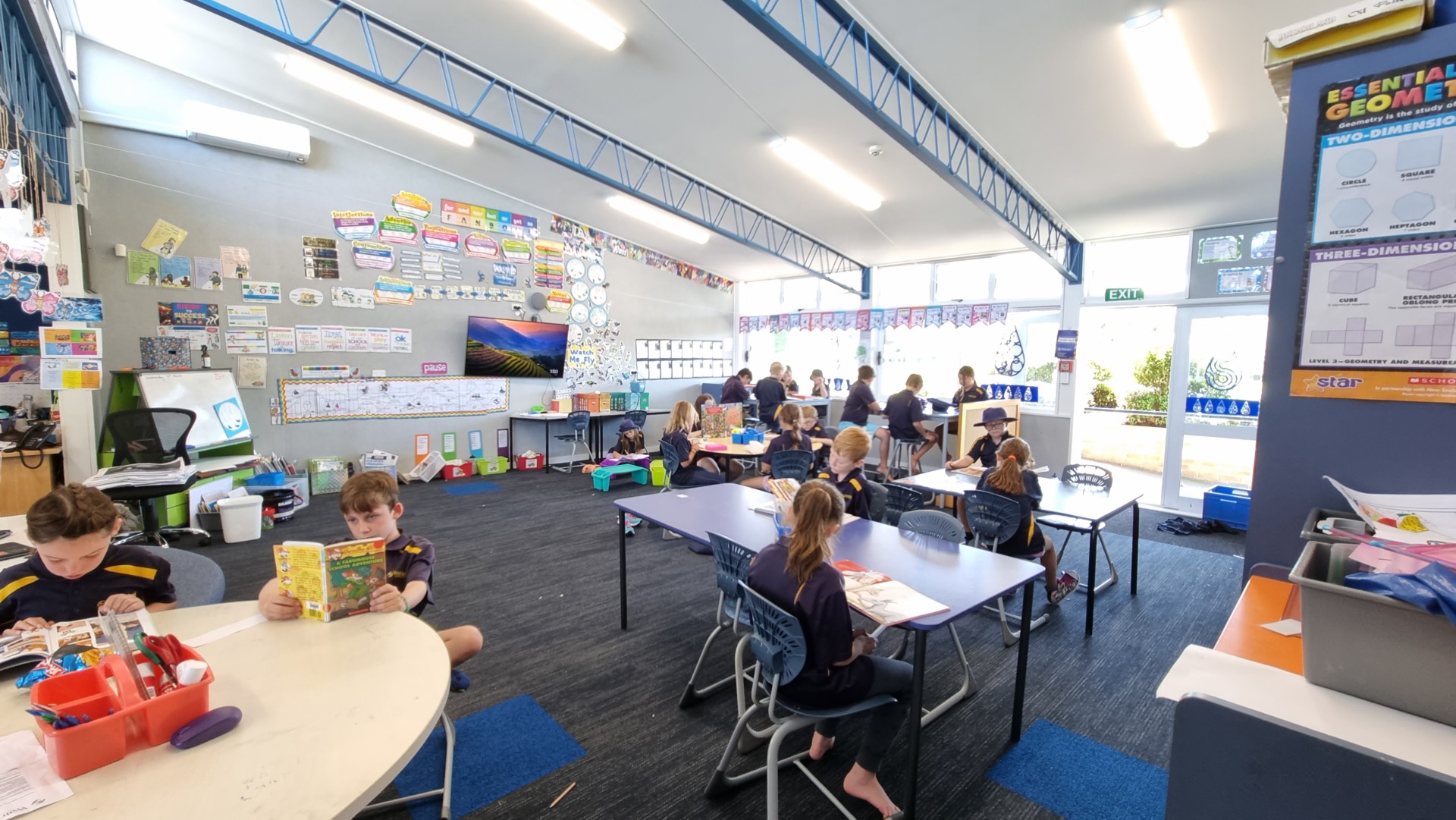
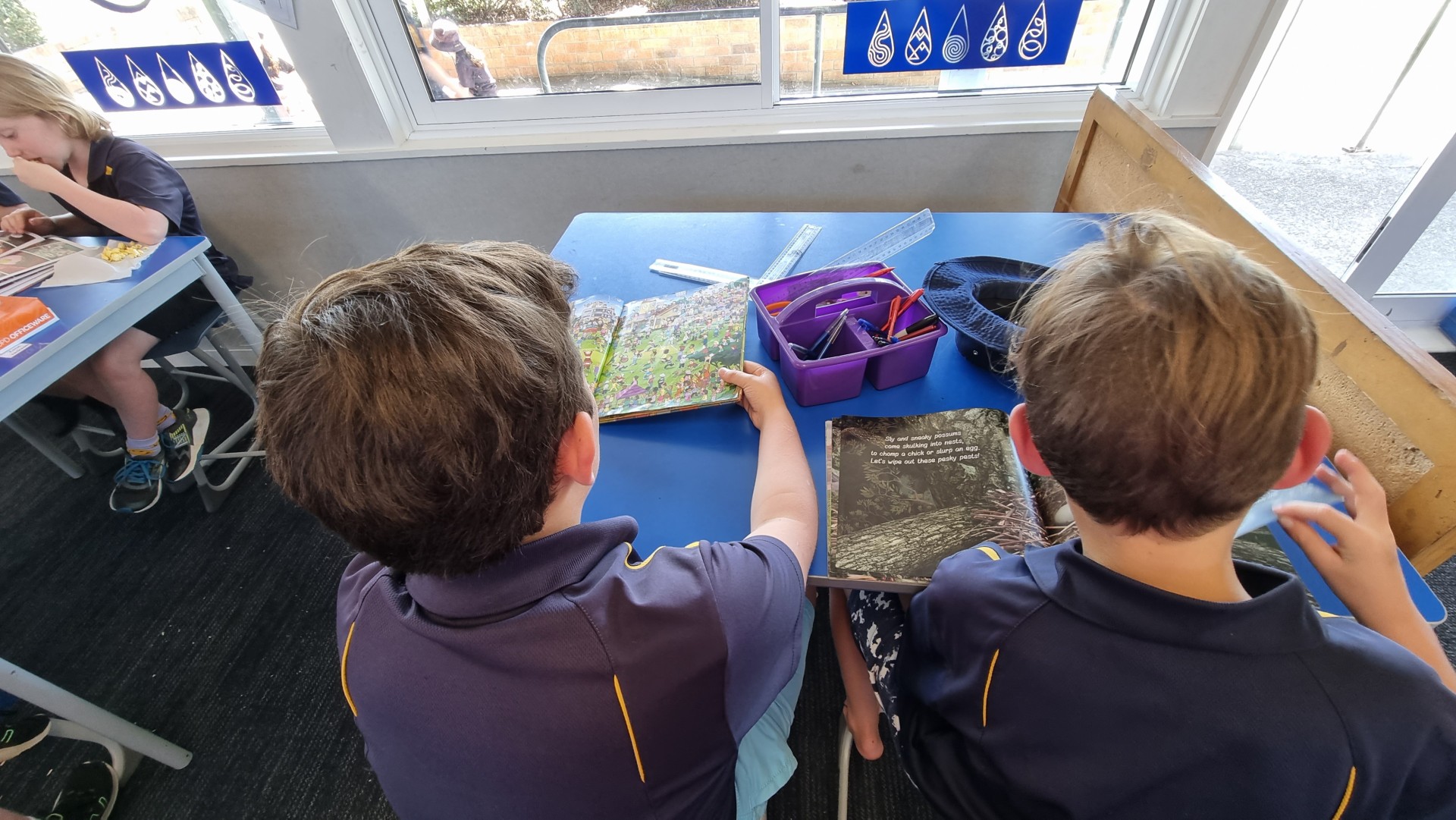
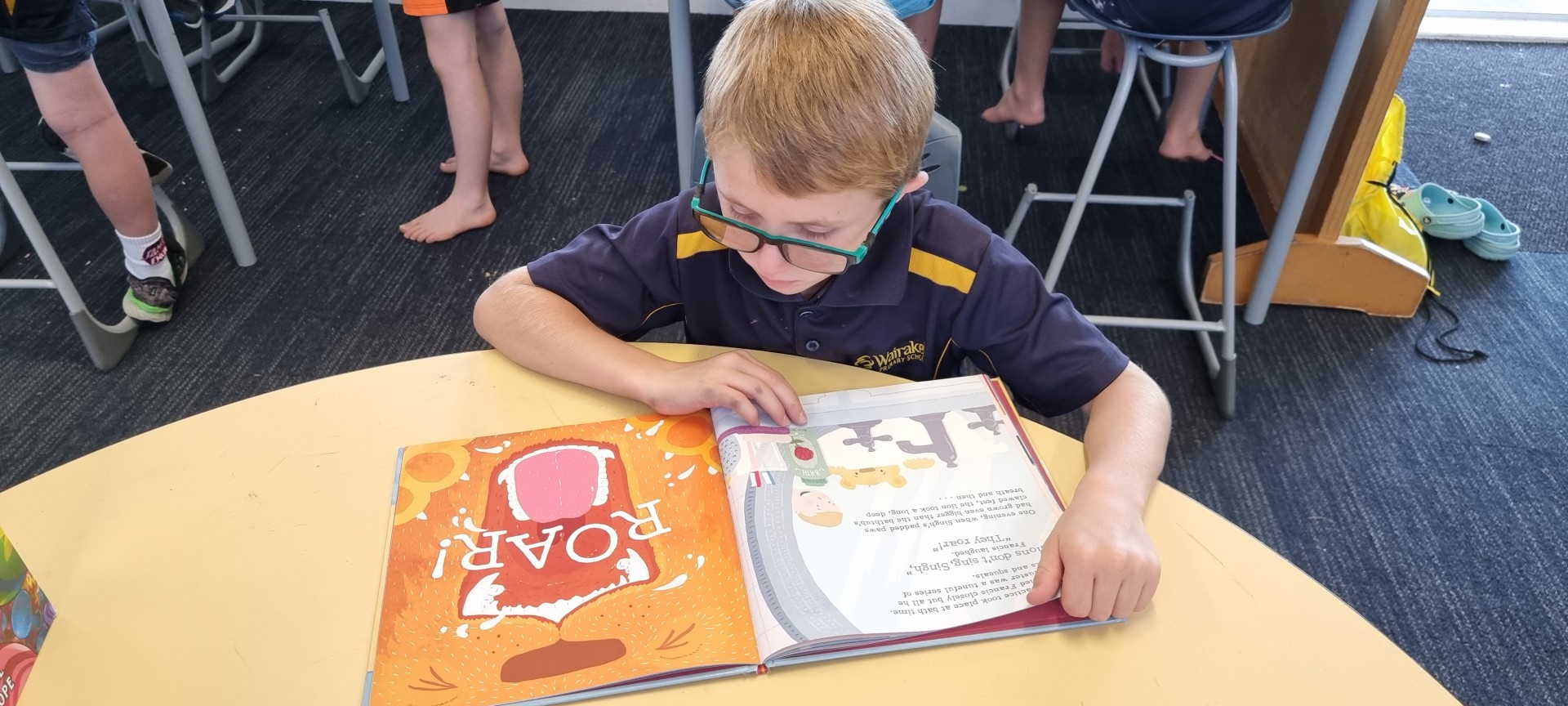
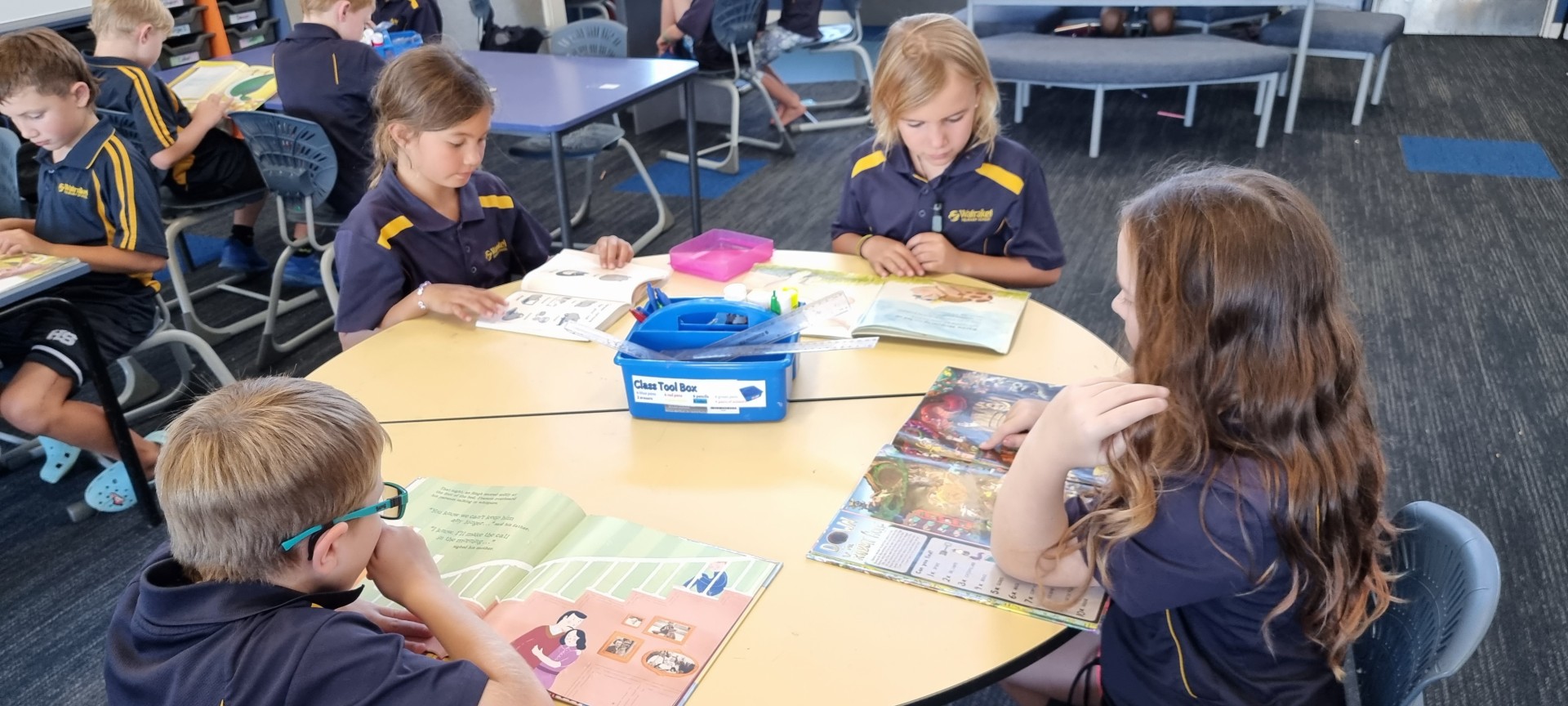
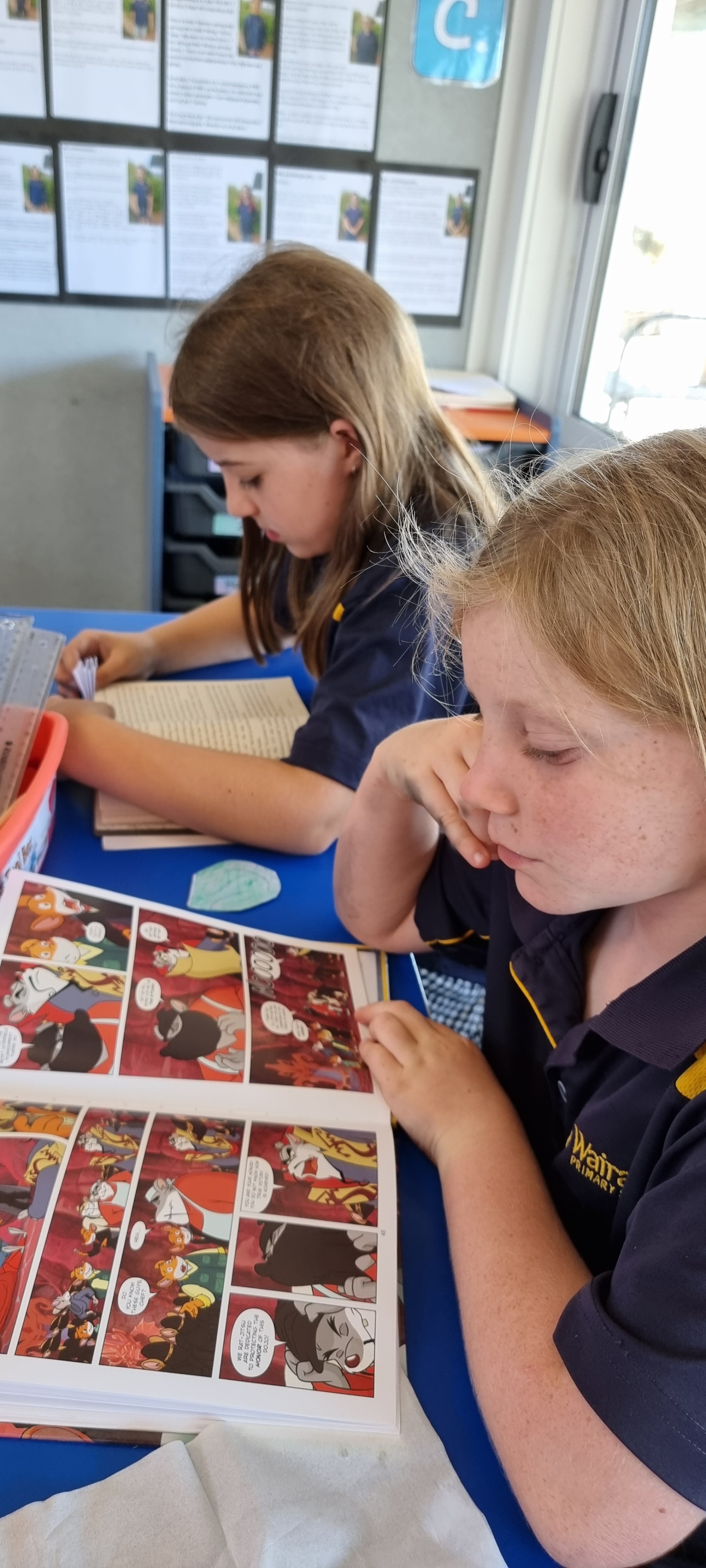
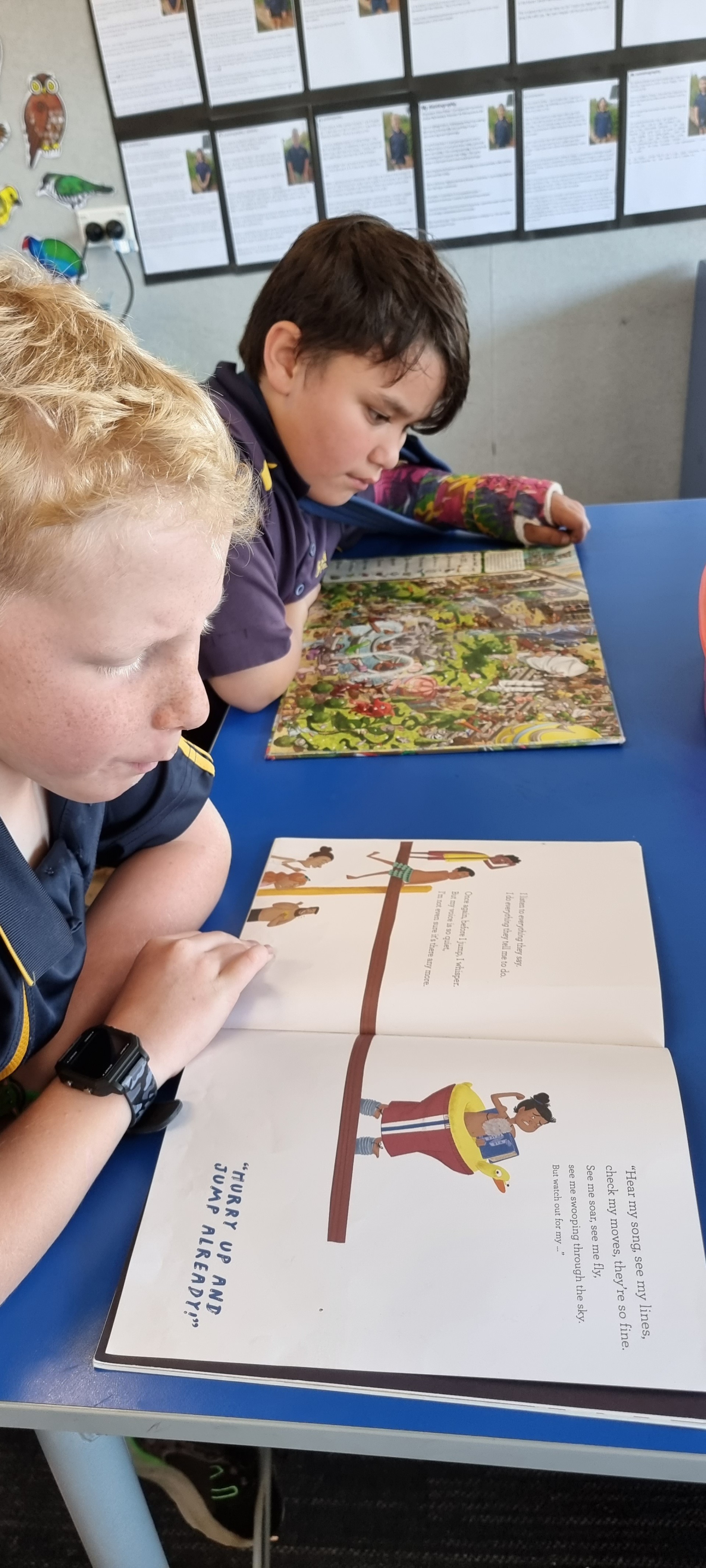
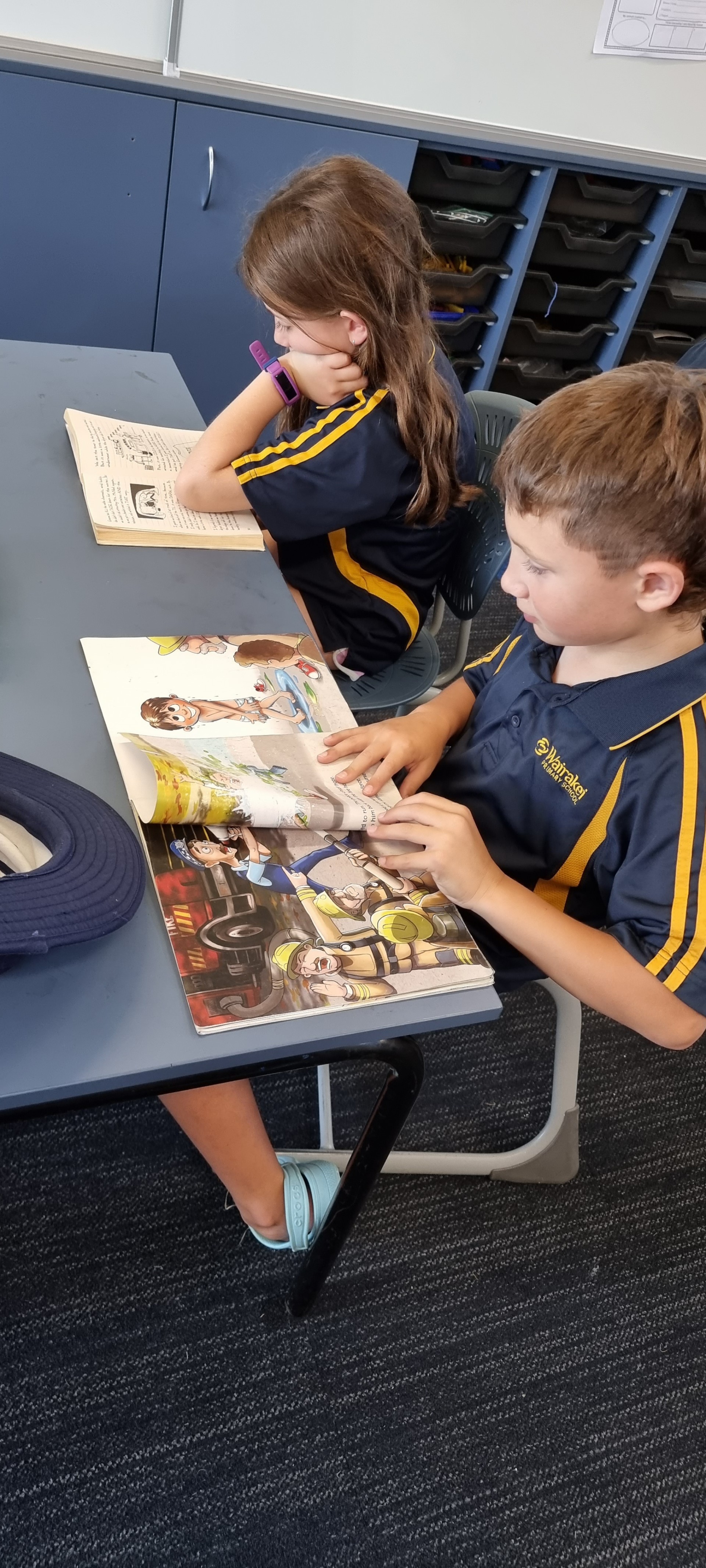
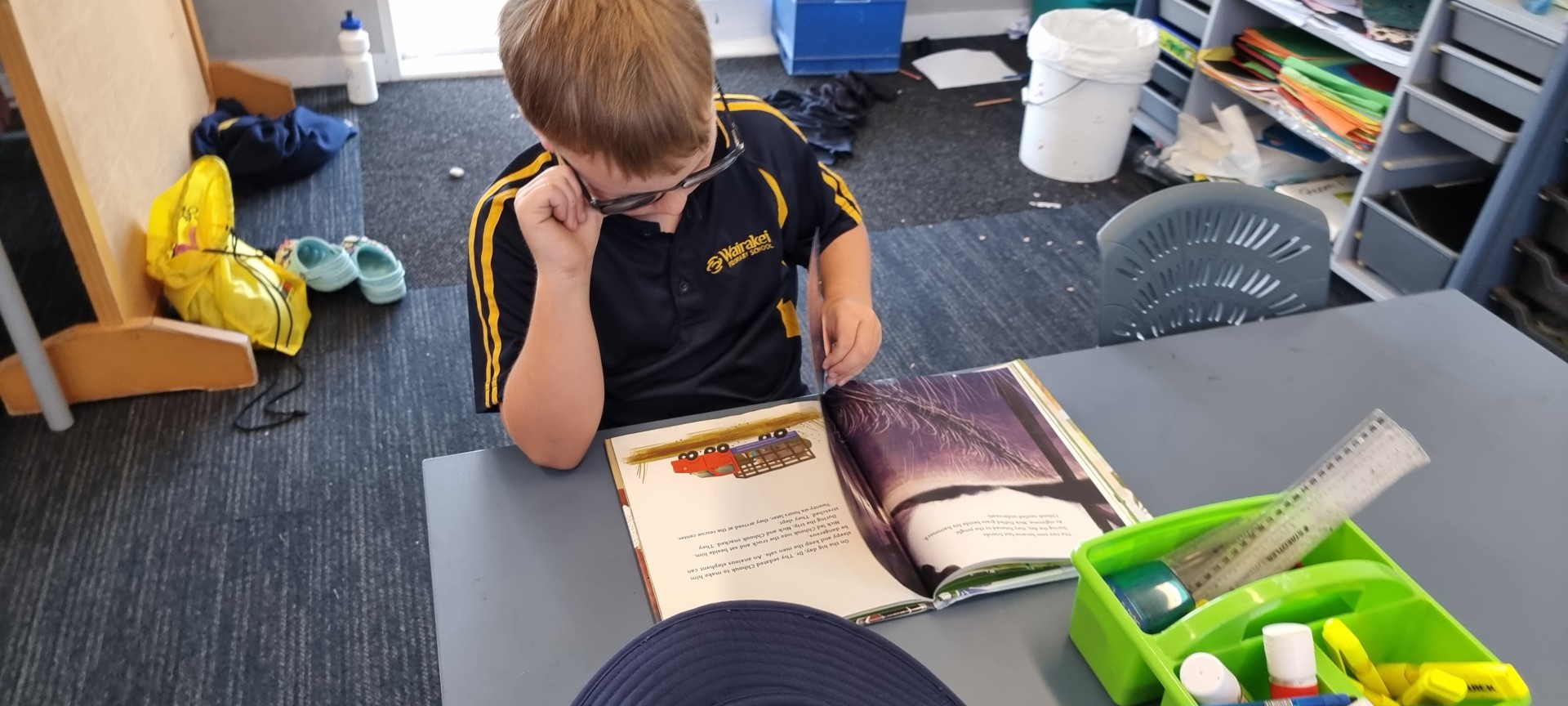
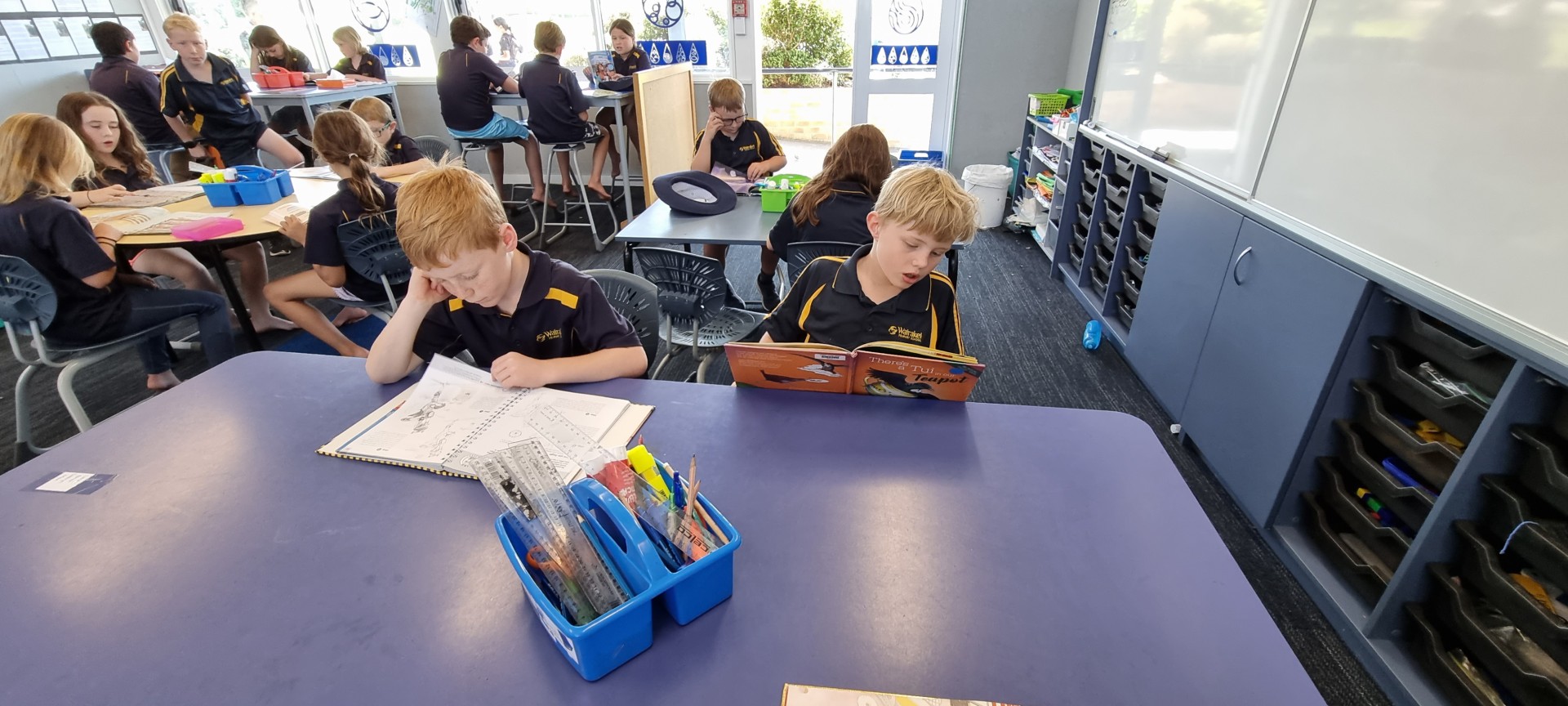
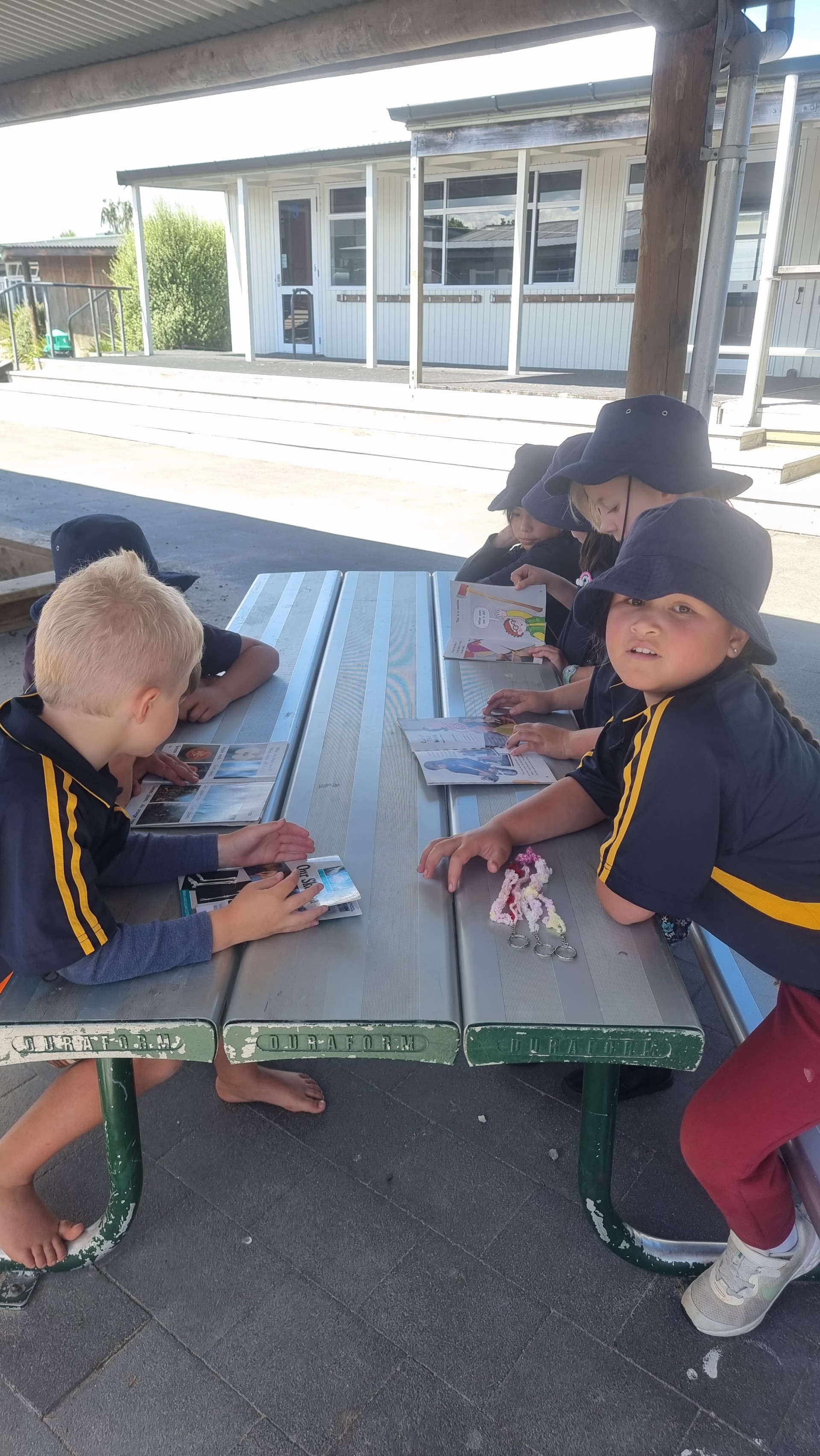
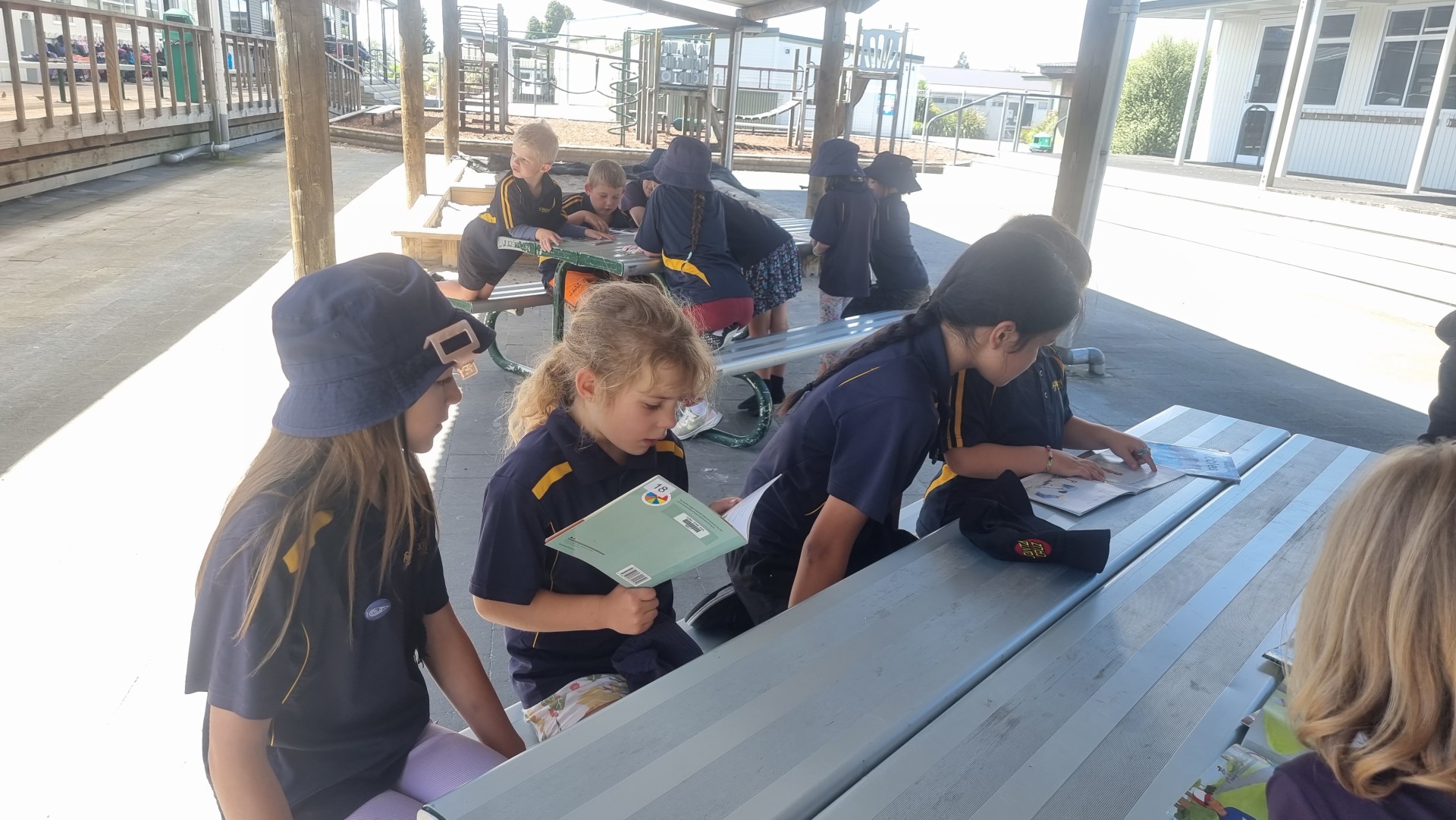

Comments are disabled for this post.